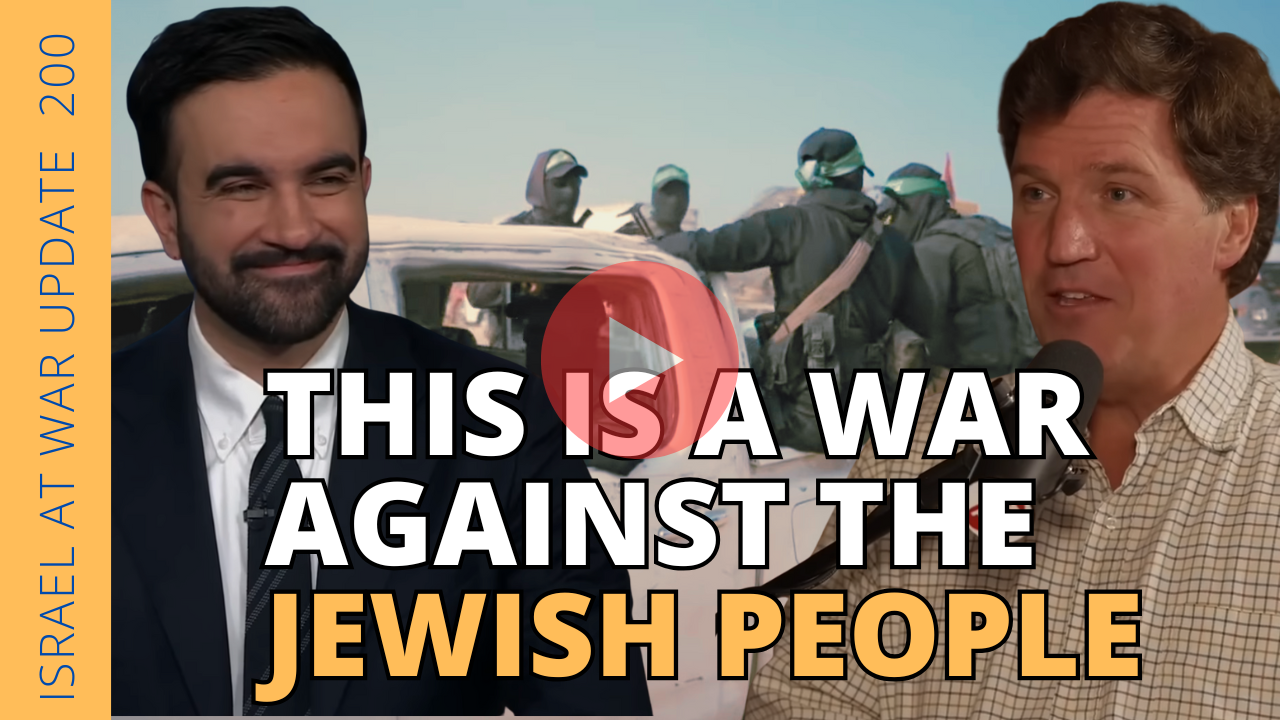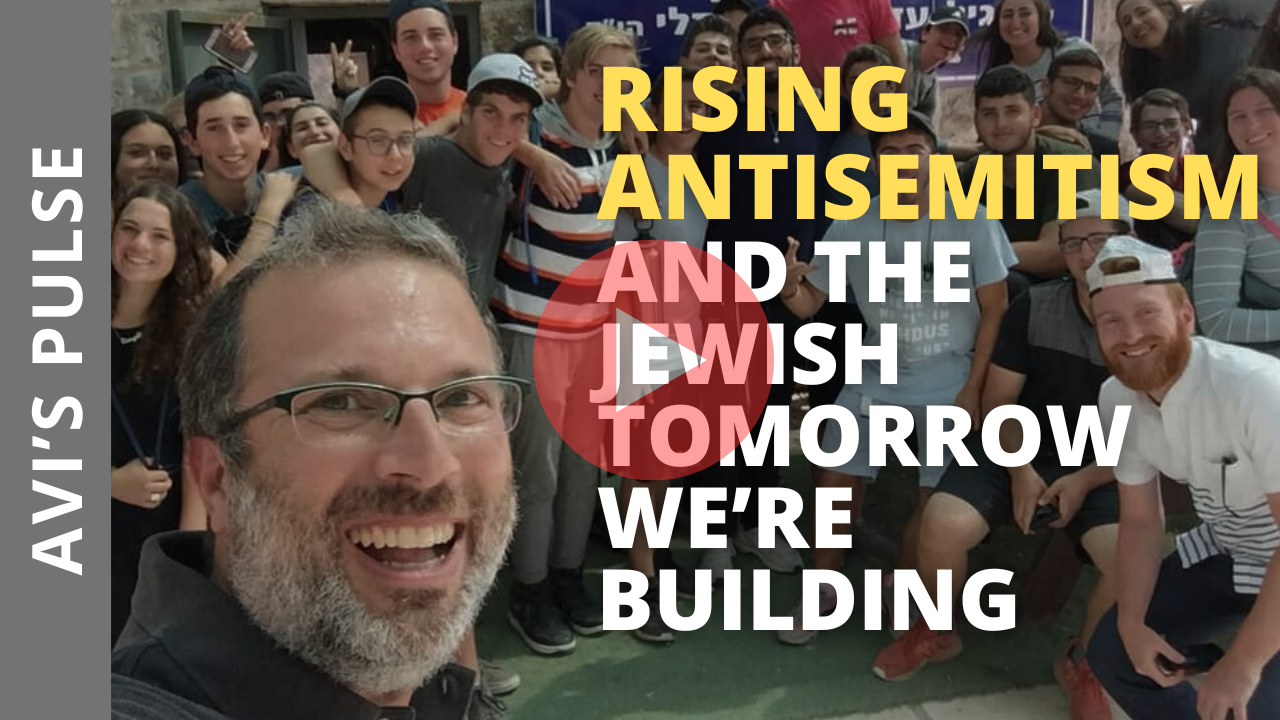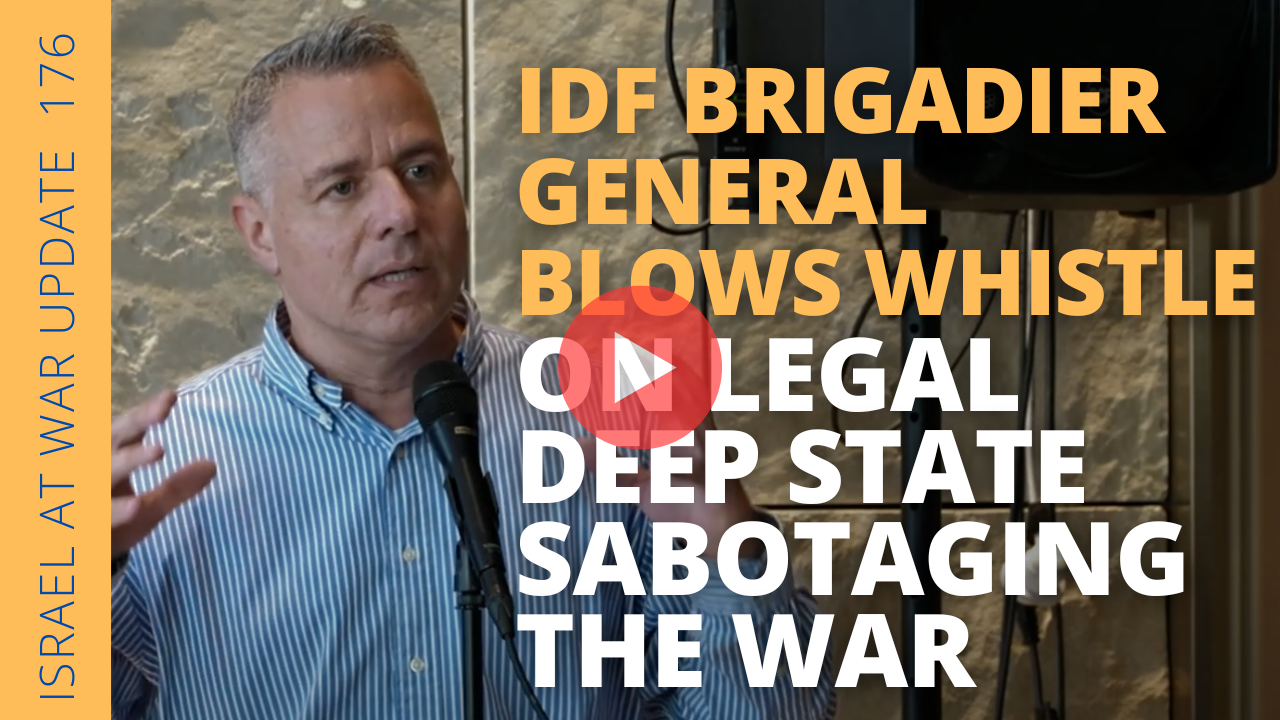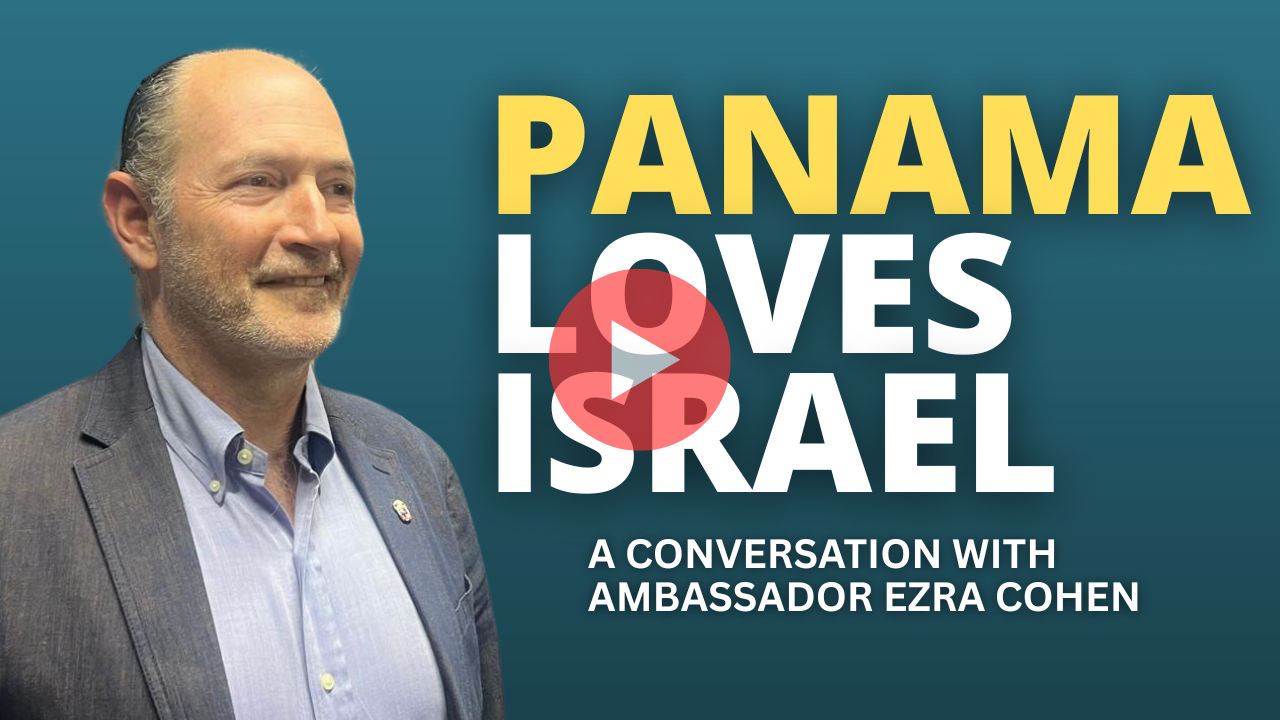Free speech is not an absolute right; it comes with responsibility.
(Aug. 12, 2025 / JNS)
A major free-speech organization made headlines this month for its advocacy on behalf of two students—Mahmoud Khalil and Rümeysa Öztürk—claiming that their anti-Israel speech is being unfairly targeted. The Foundation for Individual Rights and Expression (FIRE) frames this as a fight for free speech, but it misses a crucial point: Not all speech should be protected, especially when it is aimed at generating violence.
FIRE’s stance may seem noble on the surface, but defending hate speech, particularly when it incites violence and calls for the vicious destruction of a specific nation, is far from noble. It’s dangerous.
Khalil’s anti-Israel extremism is protected under the First Amendment, but those rights do not mean a non-citizen should be allowed to stay as a guest in our country. FIRE has sued U.S. Secretary of State Marco Rubio. Defending this kind of antisemitism, without acknowledging its potential to incite terrorism, misses the larger picture.
The New York Post reported on Aug. 6 that Khalil endorsed terrorist violence, which went far beyond peaceful protest. In a New York Times podcast interview made public on May 5, Khalil described the Hamas-led terrorist attacks in southern Israel on Oct. 7, 2023, as a “desperate attempt by Palestinians to break the cycle,” suggesting a level of sympathy for actions that resulted in the murder, beheading, rape and kidnapping of Israelis. His remarks essentially defend the violent actions of a terrorist group, blurring the line between political speech and incitement to violence.

If FIRE is defending Khalil’s “free speech,” then it’s doing so at the cost of ignoring the broader implications of that speech. Khalil said: “To me, it felt frightening that we had to reach this moment in the Palestinian struggle,” which is as clear an endorsement of the Hamas-armed attacks against civilians as one can make.
At Tufts University, where Öztürk co-authored a highly controversial piece for The Tufts Daily student paper, a coordinated campaign to demonize Israel had gained momentum while she was there. In October 2023, the Tufts Revolutionary Marxist Students (RMS) published an op-ed calling for the overthrow of Israel. One key line in their article read: “We therefore support the Palestinian mass-led overthrow of the colonial Zionist Israeli apartheid state.”
This wasn’t just anti-Israel opinion; it was a call for the elimination of an entire nation and its people. This type of speech has no place in civilized discourse, and defending it as a form of free expression only emboldens those who seek to delegitimize Israel and harm Jewish communities.
In the months that followed, RMS and other student groups at Tufts continued their protests and demonstrations, many of which included slogans like “From the river to the sea, Palestine will be free”—another phrase that is unmistakably a call for the destruction of Israel. These are not isolated incidents; they are part of a broader pattern of anti-Israel and, often, antisemitic extremist talk that has become increasingly common on campuses across the country.
Yet FIRE’s defense of free speech seems to overlook the fact that this kind of hate speech can fuel violence and intimidation, particularly toward Jewish students who have good reason to feel threatened by such extremism.
It’s essential to remember that free speech is not an absolute right; it comes with responsibility. Tufts University, like many schools, has a clear policy on freedom of expression, one that acknowledges limits—speech that slanders, threatens or incites violence is not protected.
True heroism lies not in defending every form of speech but in standing against speech that causes real harm. FIRE’s defense of Khalil and Öztürk ignores the fact that some speech, especially when it seeks to destroy an entire nation or demonize a group of people, should not be protected. Defending the right of individuals to spew hate under the guise of free speech is not noble; it’s irresponsible. The idea that protecting hate speech contributes to the strength of democracy is a dangerous misconception.
We need to recognize that not all speech contributes positively to public discourse. Some spreads lies, fuels hatred and undermines society. FIRE’s defense of students who promote this kind of speech ultimately enables the forces that seek to see Israeli civilians murdered. Rather than standing in defense of those who seek the downfall of Israel and the Jewish people, we should be questioning whether the protection of harmful speech is worth the risk to the safety and dignity of others.
Defending those who advocate for violence and destruction, especially when it targets communities under siege like Jews, is not an act of justice. It’s an endorsement of hate and terrorism.
For many American Jews, FIRE’s arguments are eerily reminiscent of the arguments used in the 1970s by the American Civil Liberties Union during one of the darkest periods in American Jewish history: when neo-Nazis threatened to march in Skokie, Ill., a community that was home to an extremely large number of Holocaust survivors.
In the end, those Illinois Nazis did not murder Jews, but Hamas has. What’s more, anti-Israel extremists in America have murdered others since Oct. 7: Yaron Lischinsky, 30, and Sarah Lynn Milgrim, 26, in Washington, D.C., in May; Karen Diamond, 82, in Boulder, Colo., in June; and Paul Kessler, 69, in California, in May 2024. They were standing up or working for Israel—peaceful people who did nothing to incite the violence that led to their deaths.
Mahmoud Khalil is not. FIRE is aiming in the wrong direction. History will prove it.

 Whatsapp
Whatsapp




